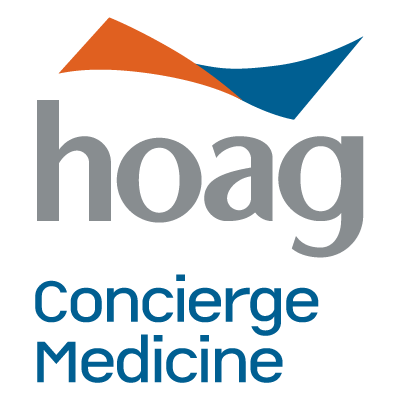In today’s evolving healthcare landscape, individuals are faced with an array of options when it comes to their medical care. Among these options, concierge medicine has emerged as a distinct model that offers personalized care and enhanced services. However, it’s important to consider how concierge medicine compares to traditional healthcare models before making an informed decision. In this blog post, we will dive into the key factors that differentiate concierge medicine from traditional healthcare, including access to care, quality of service, preventive care focus, and personalized treatment plans. By understanding the pros and cons of each approach, readers can evaluate which option aligns better with their healthcare needs.
Access to Care
Concierge Medicine:
One of the primary advantages of concierge medicine is improved access to care. Patients who opt for concierge practices typically enjoy enhanced availability to their physician, including extended office hours, same-day or next-day appointments, and direct access via phone or email. This ensures prompt attention to medical concerns, minimal waiting times, and a stronger doctor-patient relationship.
Traditional Healthcare:
On the other hand, traditional healthcare models may have longer wait times for appointments, limited availability outside regular office hours, and challenges in reaching the physician directly. Patients often have to contend with crowded waiting rooms and rushed consultations due to the high patient volume that primary care providers handle.
Hoag Prime offers enhanced access to care. Click here to learn more.
Quality of Service
Concierge Medicine:
With concierge medicine, patients receive a heightened level of personalized care. Physicians in this model can allocate more time to individual patients, allowing for thorough examinations, comprehensive discussions, and proactive healthcare management. The focus on preventive care and early intervention can lead to better health outcomes and improved patient satisfaction.
Traditional Healthcare:
While traditional healthcare providers strive to deliver quality care, the constraints of a high patient load can impact the depth and breadth of service. Time limitations may result in shorter appointments and a more reactive approach to healthcare. However, traditional providers often excel in managing acute or complex conditions, as they have experience with a broad range of patients and conditions.
Preventive Care Focus
Concierge Medicine:
Concierge medicine emphasizes preventive care as a cornerstone of its model. By investing more time in patient education, risk assessment, and proactive screenings, concierge physicians can identify potential health issues early on and implement appropriate preventive measures. This approach aims to reduce the incidence of chronic diseases and enhance overall wellness.
Traditional Healthcare:
Traditional healthcare models also recognize the importance of preventive care, but resource limitations can hinder its comprehensive implementation. Primary care providers may have less time to dedicate to preventive screenings and education due to a heavy patient workload. However, specialized preventive services such as vaccinations and screenings are still available through traditional healthcare channels.
Personalized Treatment Plans
Concierge Medicine:
In concierge medicine, the focus is on developing personalized treatment plans tailored to each patient’s unique needs and preferences. With fewer patients to manage, concierge physicians can invest significant time in understanding their patients’ medical history, lifestyle, and goals. This enables the creation of customized care plans, including individualized treatment strategies and specialized referrals, leading to optimized healthcare outcomes.
Traditional Healthcare:
While traditional healthcare providers strive to offer personalized care, time constraints can limit their ability to deeply analyze patient-specific factors. Due to the higher patient load, treatment plans may be more standardized and less individualized. However, traditional providers can still provide effective care through their extensive medical knowledge and experience.

Hoag Concierge Medicine
Choosing between concierge medicine and traditional healthcare is a decision that should be made after careful consideration of individual needs and preferences. Concierge medicine offers enhanced access to care, personalized attention, a focus on preventive care, and individualized treatment plans. On the other hand, traditional healthcare models provide a wider patient base for experience and may excel in managing complex conditions. By weighing the pros and cons of each approach, individuals can make an informed choice that aligns with their healthcare requirements.
Ultimately, the decision between concierge medicine and traditional healthcare depends on factors such as availability, desired level of personalized care, the importance of preventive medicine, and the need for specialized treatment. It’s crucial to consult with healthcare professionals, explore available options, and assess personal preferences to make the right choice for optimal healthcare outcomes. Contact Hoag Concierge Medicine to get your questions answered today.
Make Appointment - HCM
"*" indicates required fields

